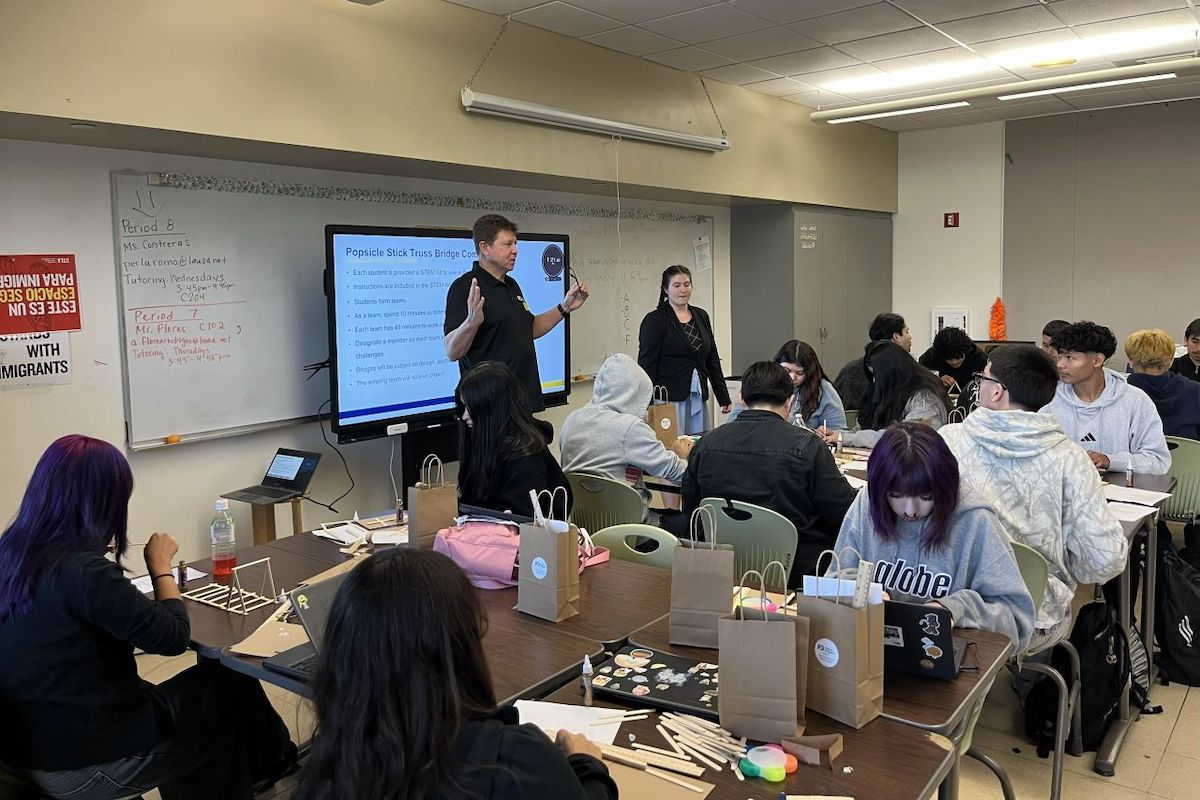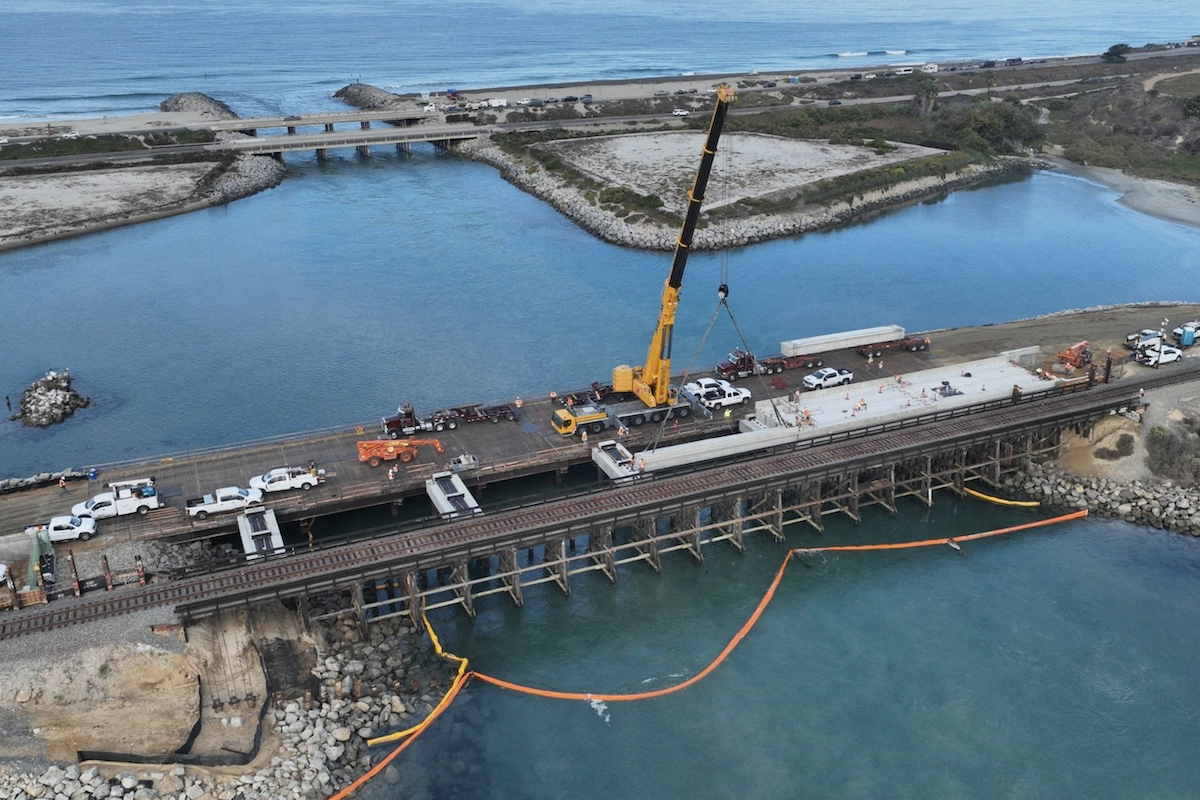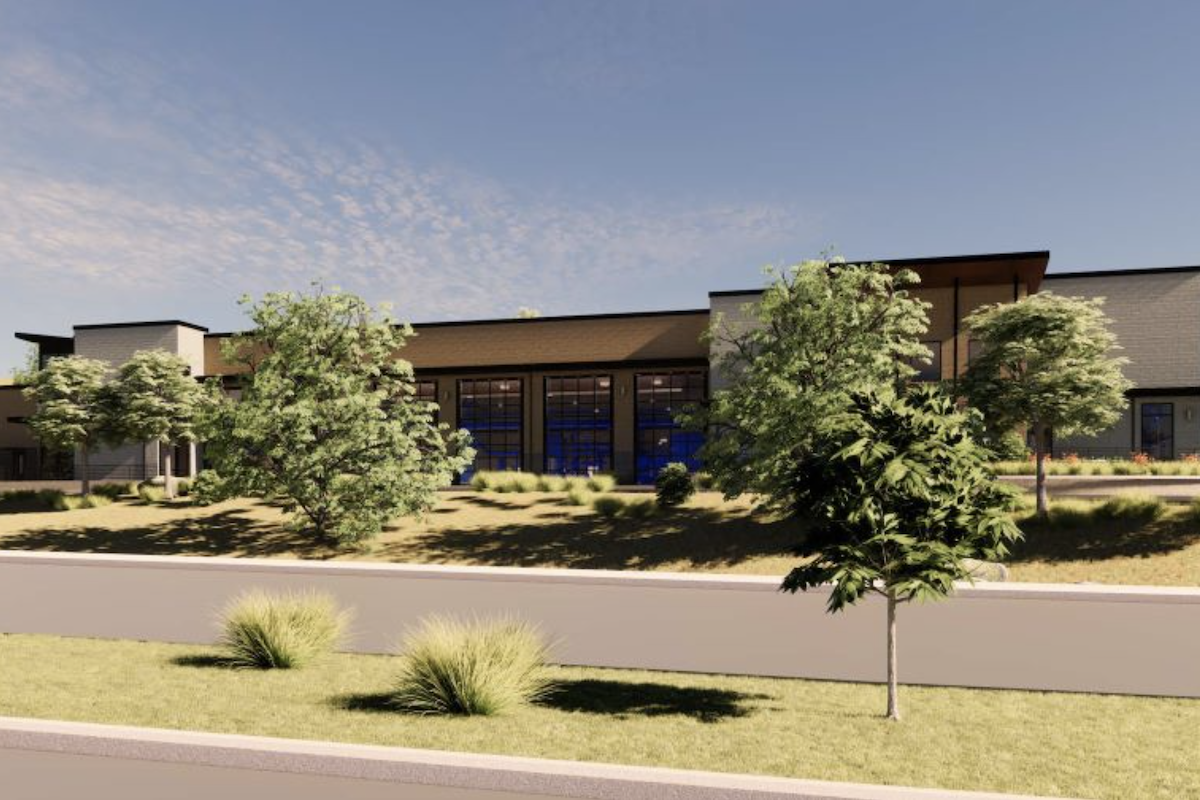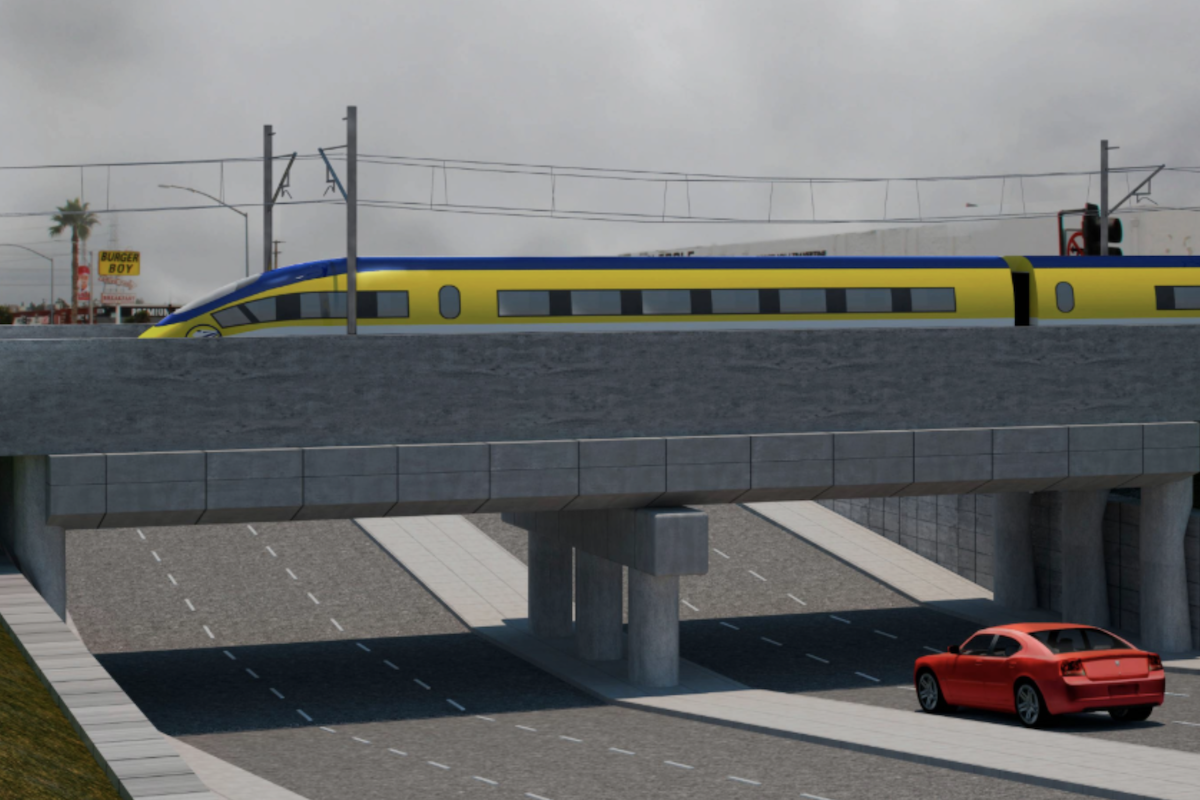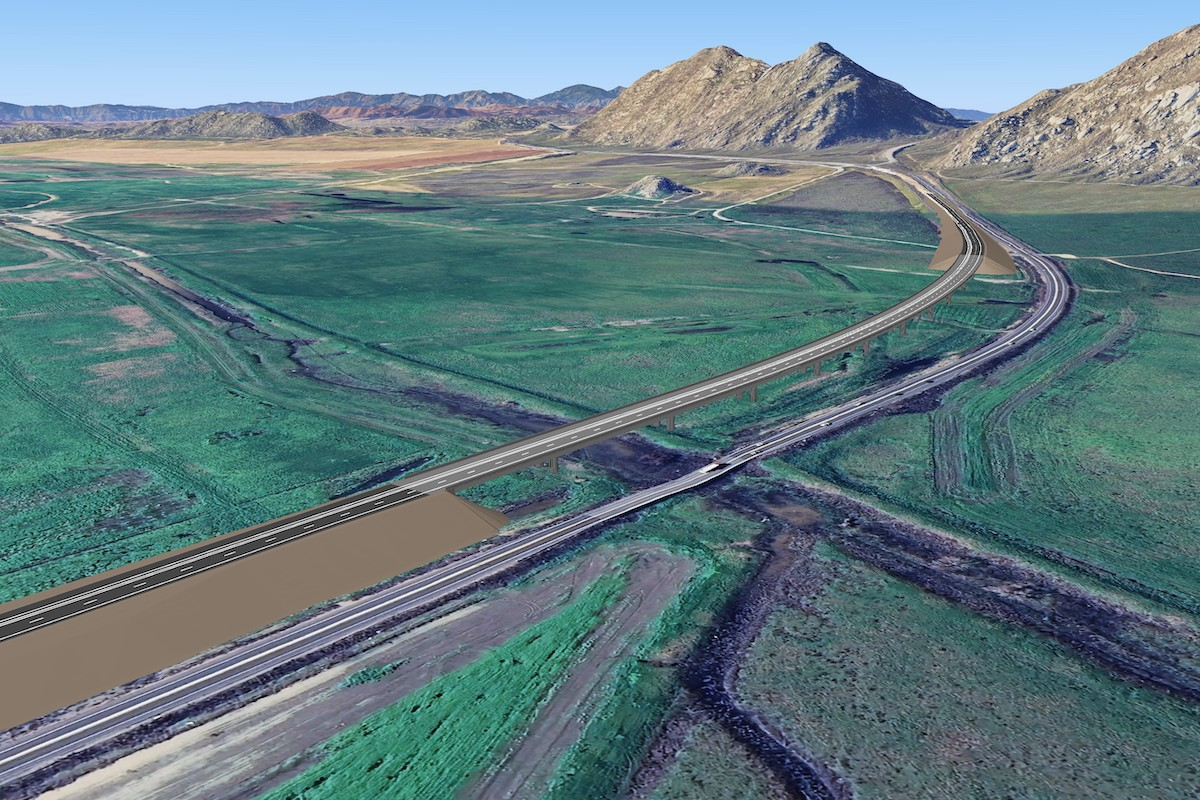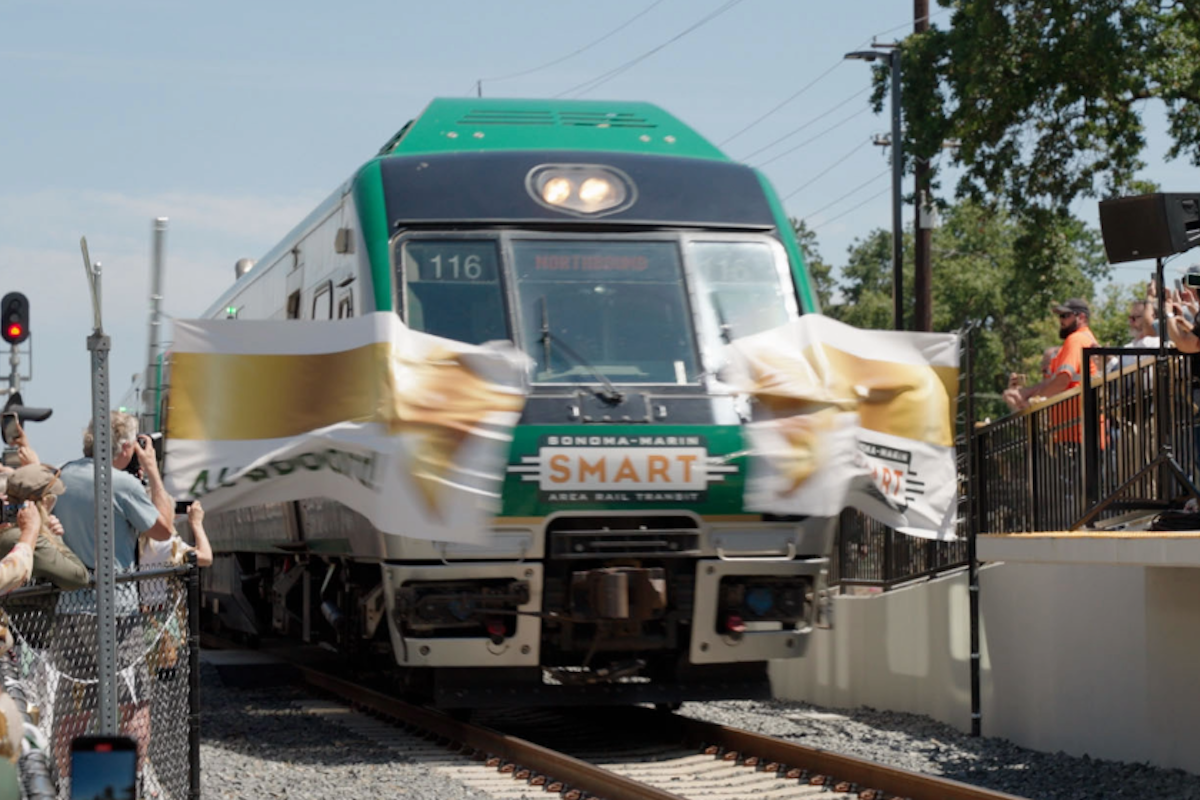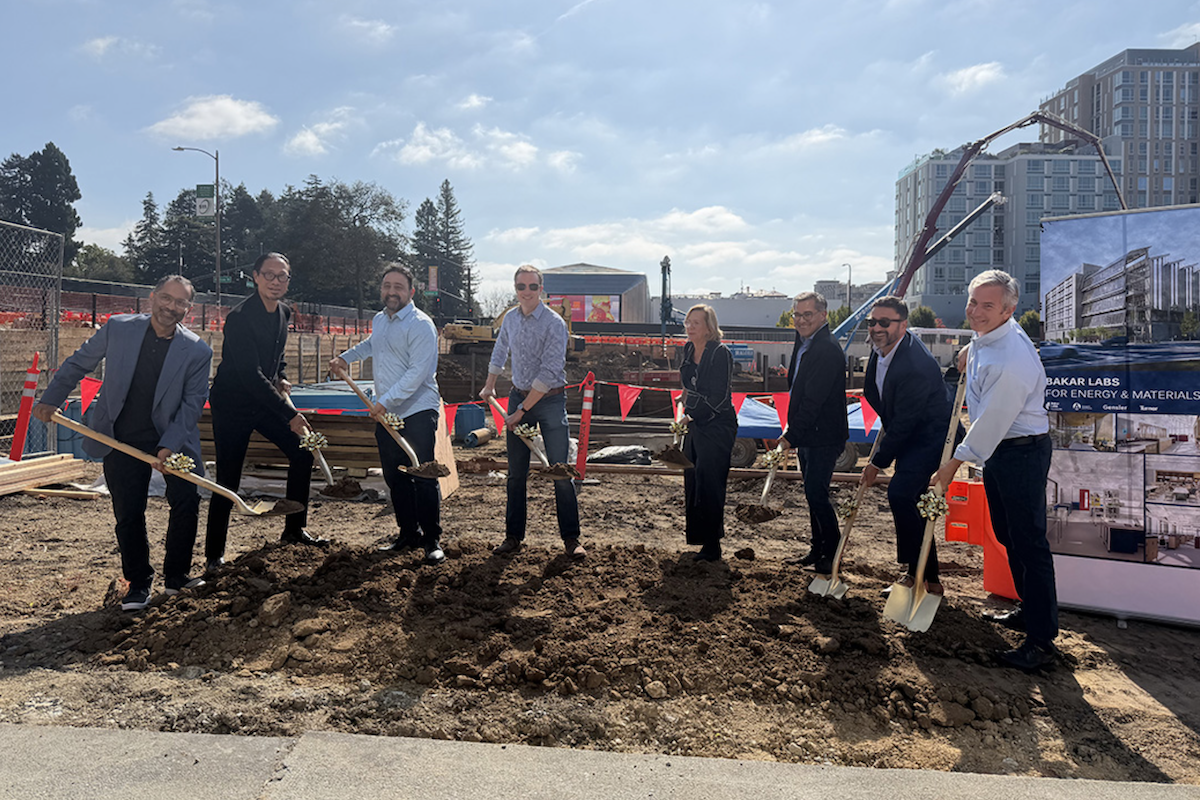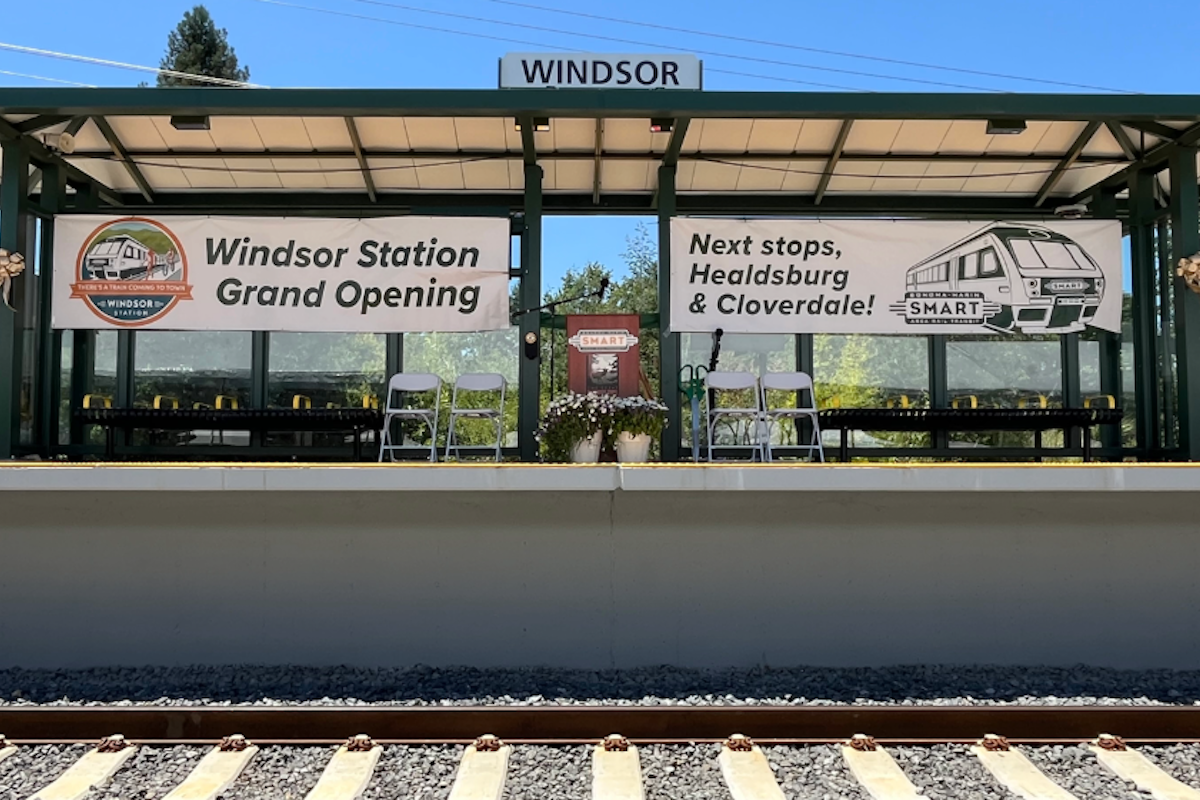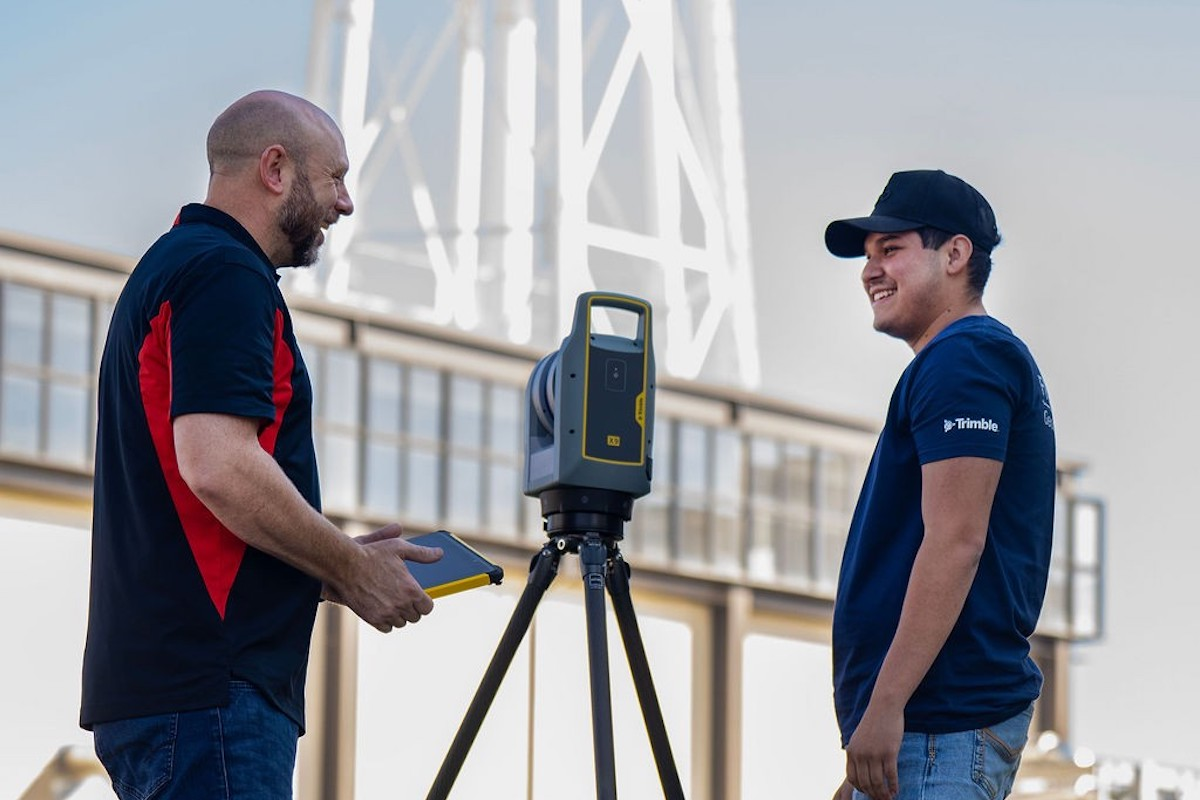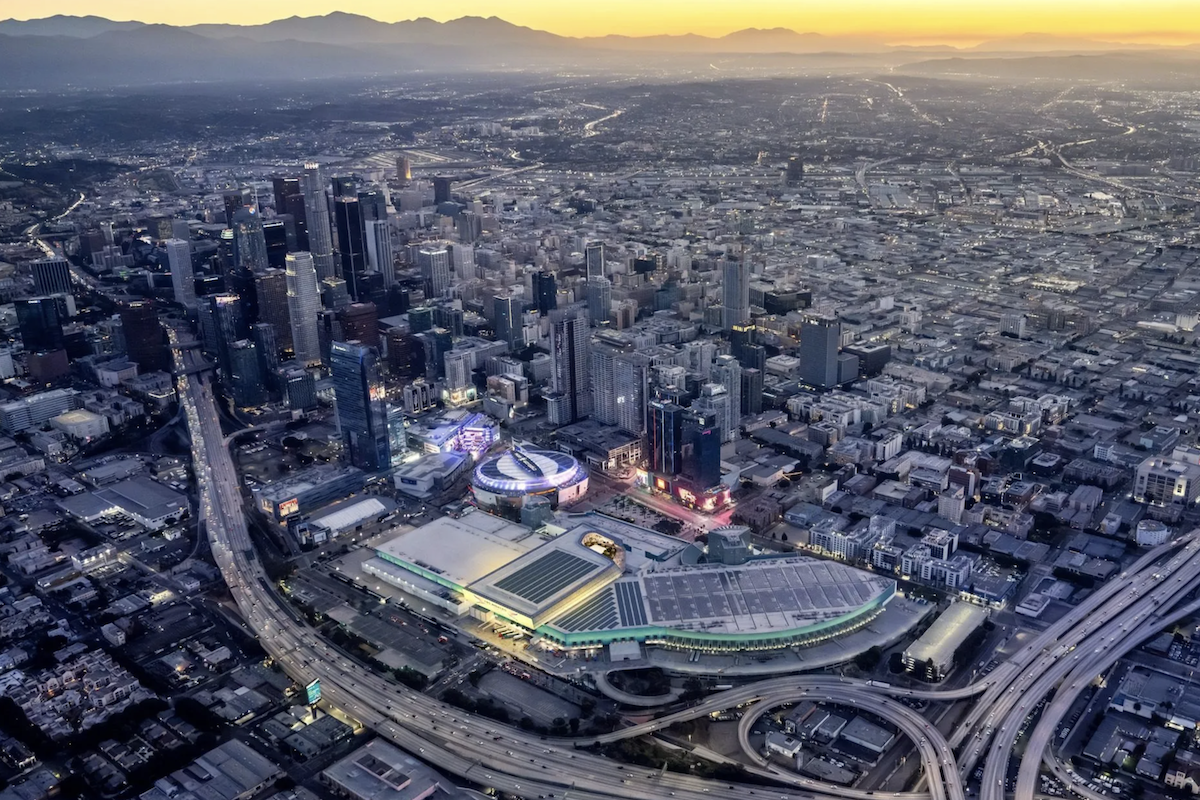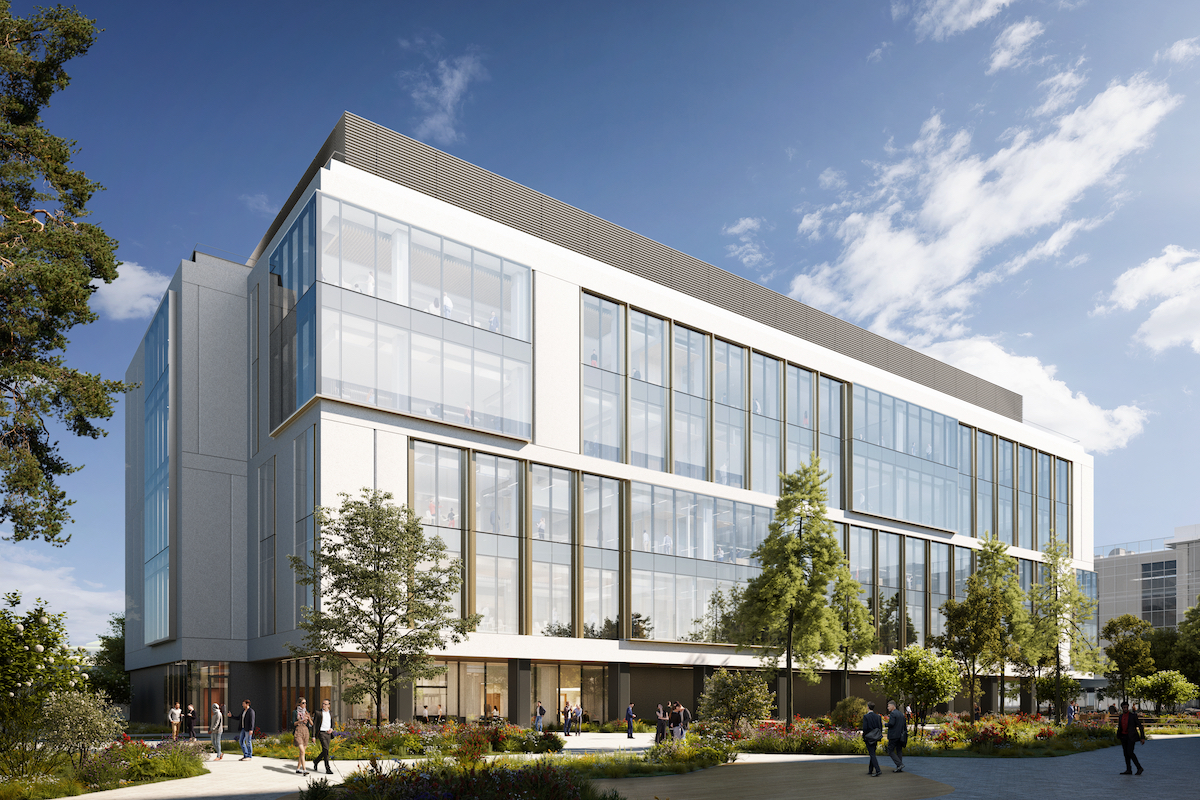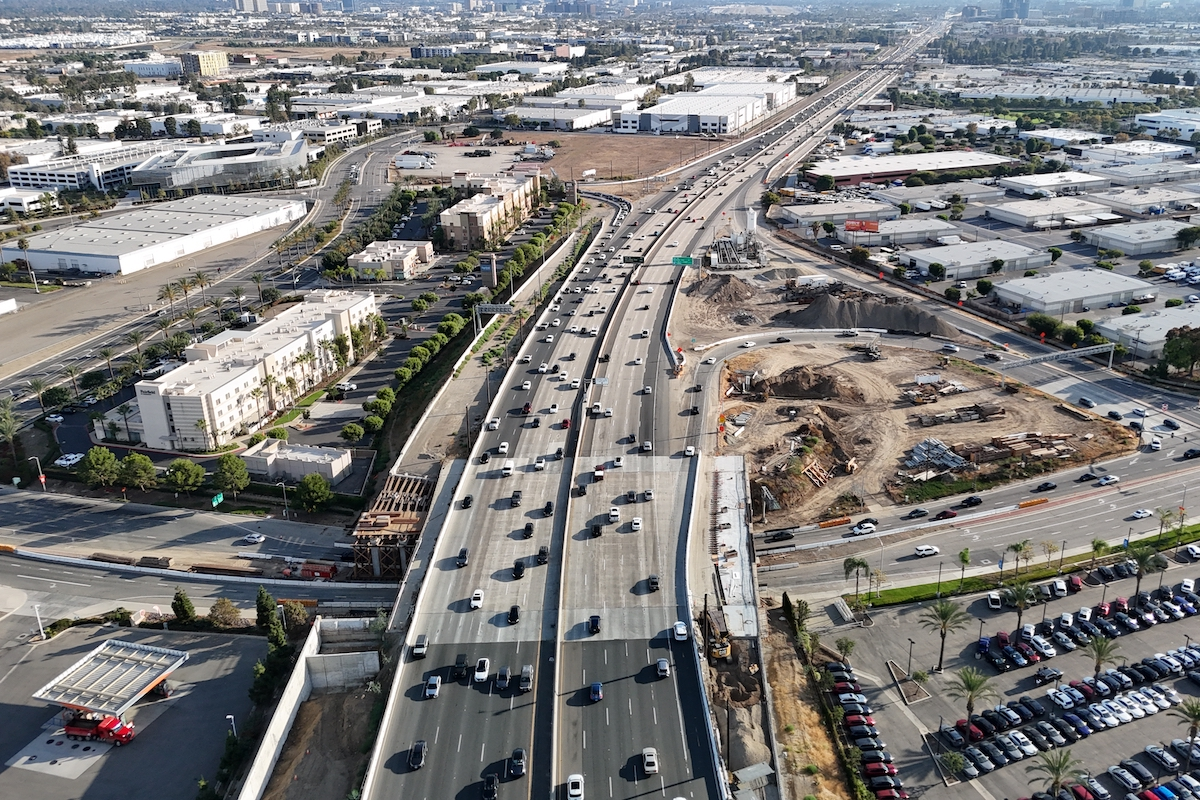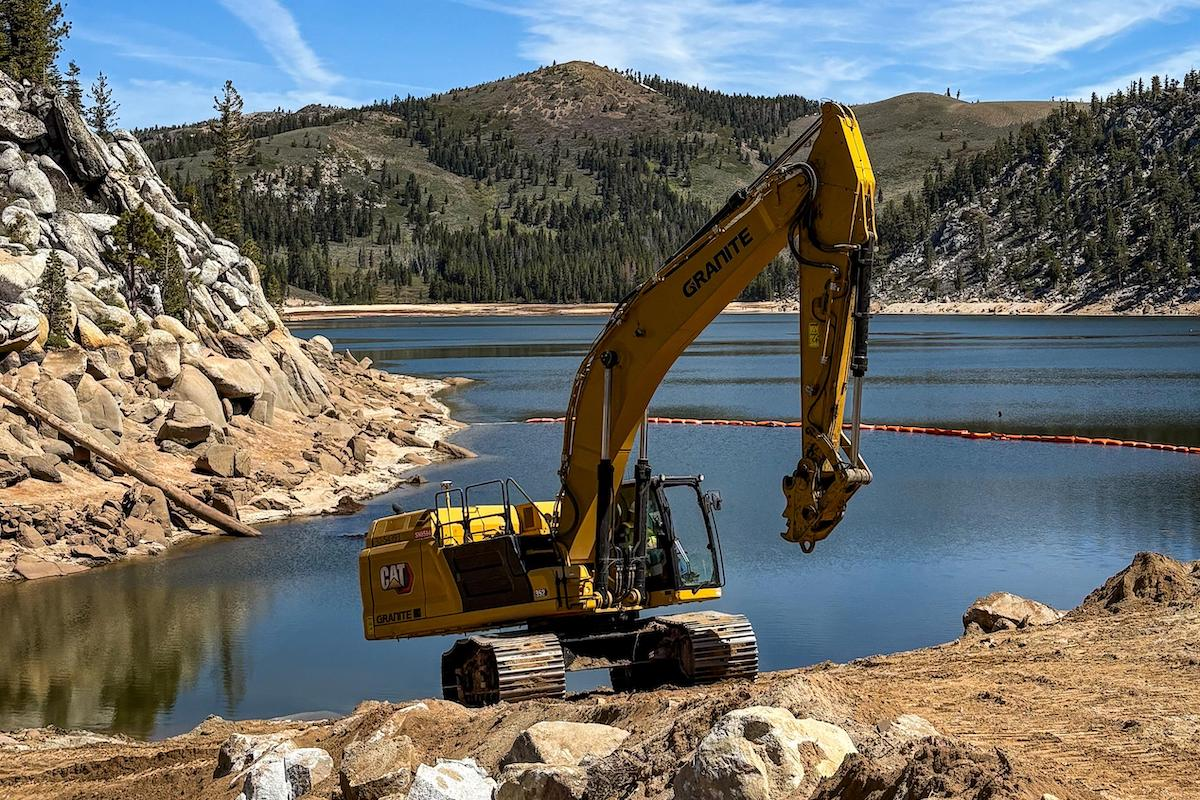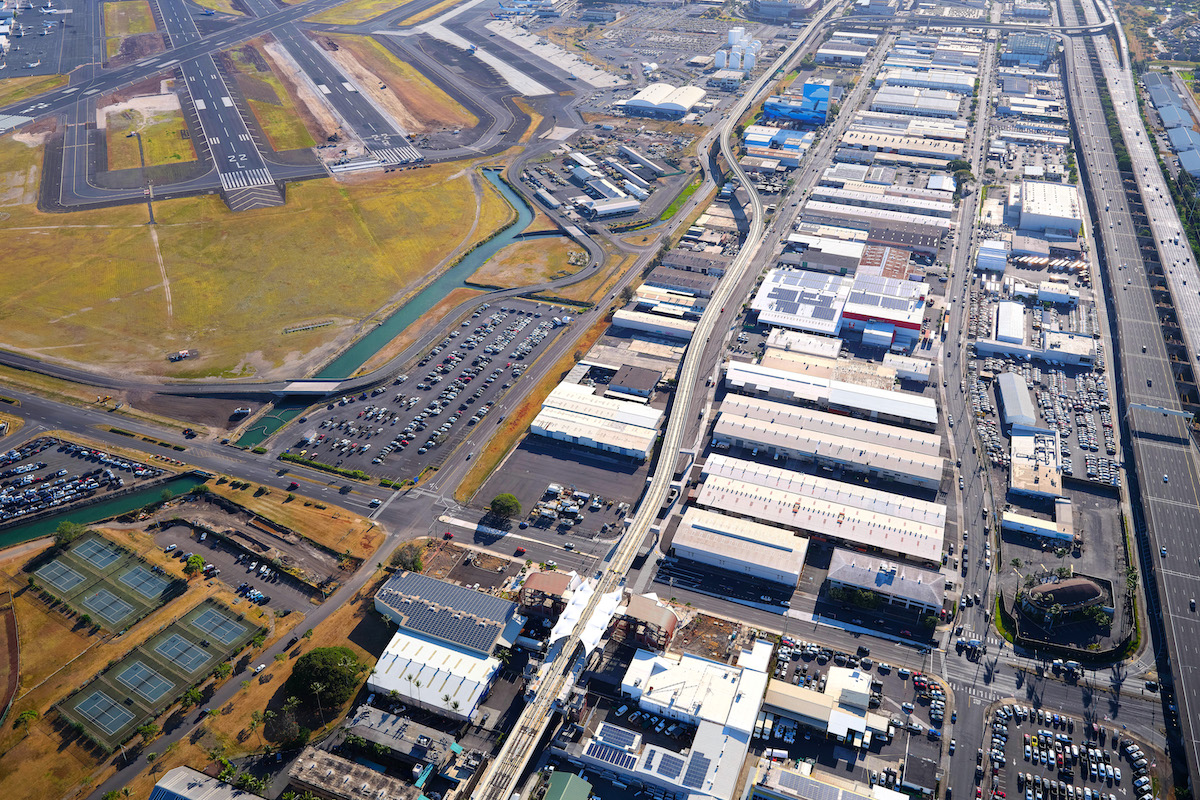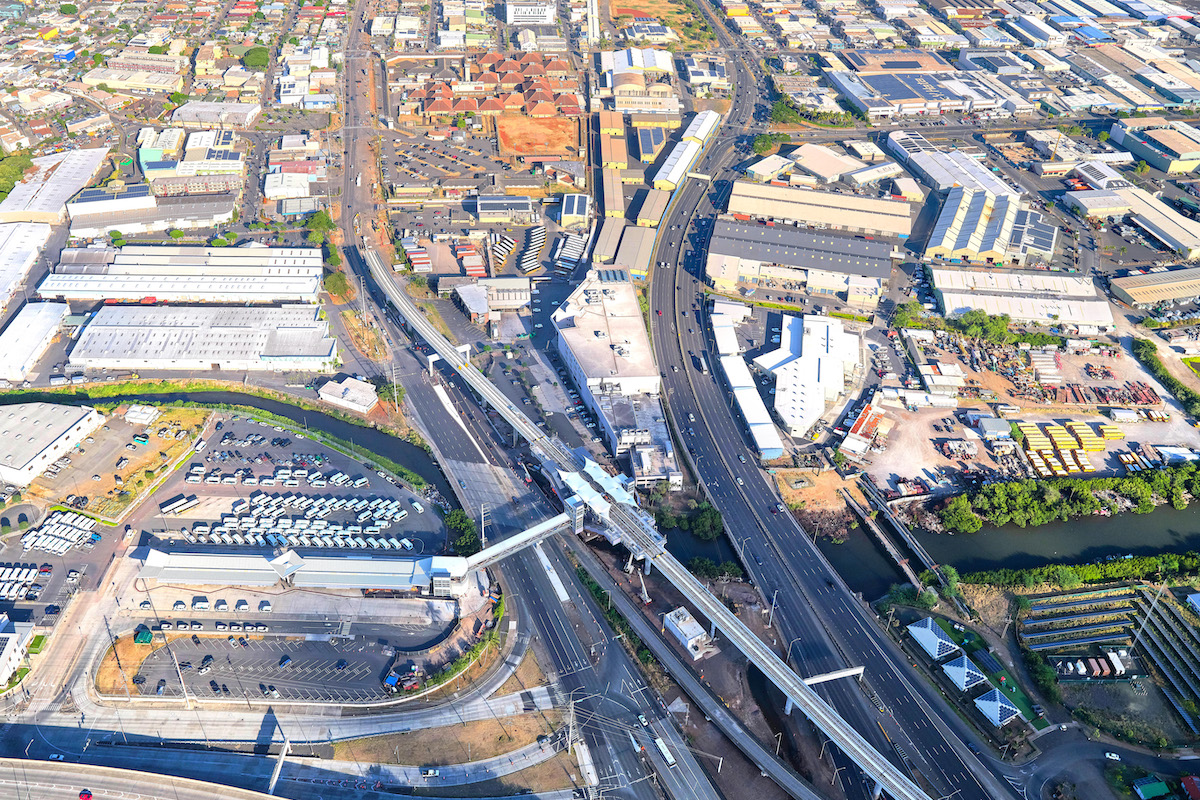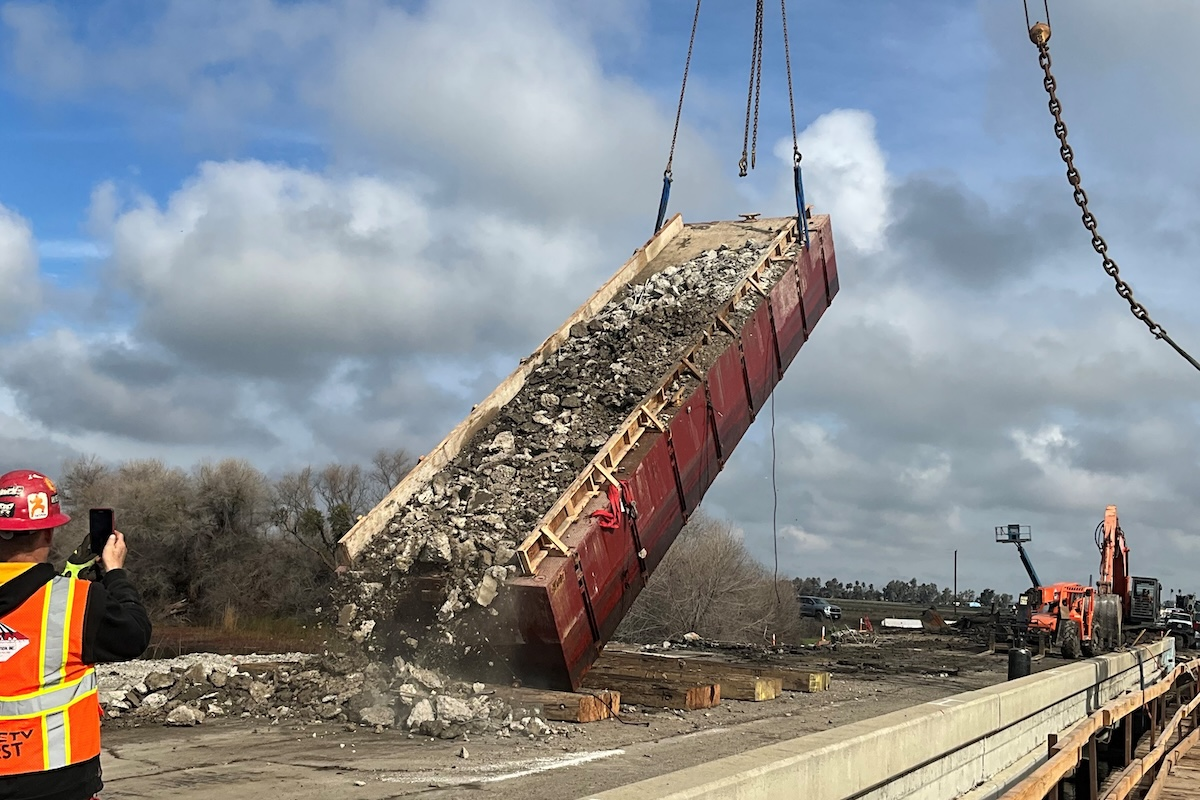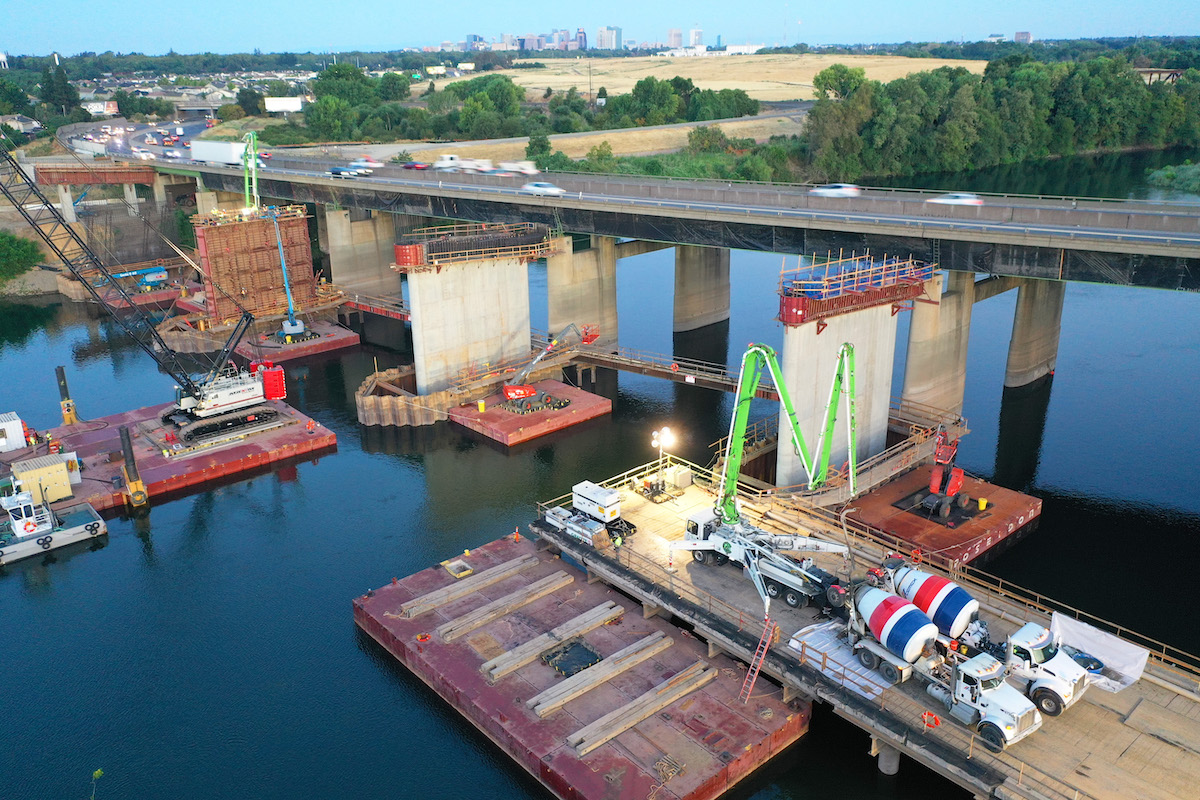The NDOT project is taking place over a 2.7-mile stretch of 23rd Street/Highway 30. This highway segment consists of four 12-foot-wide driving lanes separated by a raised median or a common two-way left turn lane with existing left or right turn lanes at city street intersections. It’s just east of Highway 81, another major thoroughfare in the area.
In 2021, the average daily traffic count along the project area was 23,055 vehicles, with 6 percent of the traffic being heavy trucks. That number is expected to reach 25,260 by 2041.
The primary driver of this project is the poor condition of the roadway. The paved roadway has deteriorated over the last 30-plus years and has substantial ruts and cracking.
“The age and condition of the existing pavement requires full replacement at this time,” says Kevin Domogalla, NDOT District 3 Engineer. “It was determined that a reconstruction project was more cost effective than a preservation project.” The team is removing the existing concrete base and areas of overlaid asphalt and replacing it with concrete pavement.

| Your local Gomaco dealer |
|---|
| Terry Equipment |
Besides reconstructing the road, the entire surrounding infrastructure will also be removed and replaced. This includes replacing all the existing storm sewer, pavement, sidewalks, lighting, curb ramps, curb inlets, and signal upgrades – along with some of the water and sanitary sewer throughout. Four turning lanes (one right, three left) are being extended and five right turn lanes will be added. There will be some geometric modifications at intersections.
Finally, the project includes some streetscaping elements. Domogalla notes that the City of Columbus included the landscaping element to the project “to help enhance the gateway into town from the east.”
The local chamber of commerce is excited about the landscaping. According to its website, businesses on streetscaped streets show up to 12 percent higher income streams. The chamber adds that green spaces, trees, and special lighting will instill pride in the community, beautify the area, and enhance Columbus’ part of the historic Lincoln Highway.
Traffic maintenance on the project includes having minor intersections closed and sequenced during the corresponding construction segments. Major signalized intersections are being phased in with two-way traffic maintained. Access to adjacent properties is being maintained during construction, but there are some limits due to phasing requirements.
Columbus residents were particularly concerned about access to residential driveways and the loss of parking. To maintain safe, uninterrupted access to homes and businesses the team is reconstructing curb inlets and storm sewers, consolidating and modifying access drives, and updating roadway lighting and traffic signals to improve vehicle access, traffic flow, parking needs, and pedestrian access.
“They bring a lot of experience with urban work to this project,” Domogalla says. “This translates into superior scheduling and being able to handle unforeseen complications in a decisive professional manner.”
The $35.8 million construction fee is being paid for by federal, state, and local sources. The landscaping, water, and sewer is 100 percent locally funded. The project began in March 2023 and is expected to be fully complete by November 2025.
“The project is split into three segments, with each segment having three phases to be able to maintain traffic, each to be completed and open to traffic by November 30 of each year,” Domogalla says. At time of publication, the team was on schedule to complete the first segment on time.
When the Highway 30/23rd Street project is complete, drivers will enjoy a new pavement free of potholes or patches. The smooth ride and signal integration will improve mobility as well as the driver experience.

















